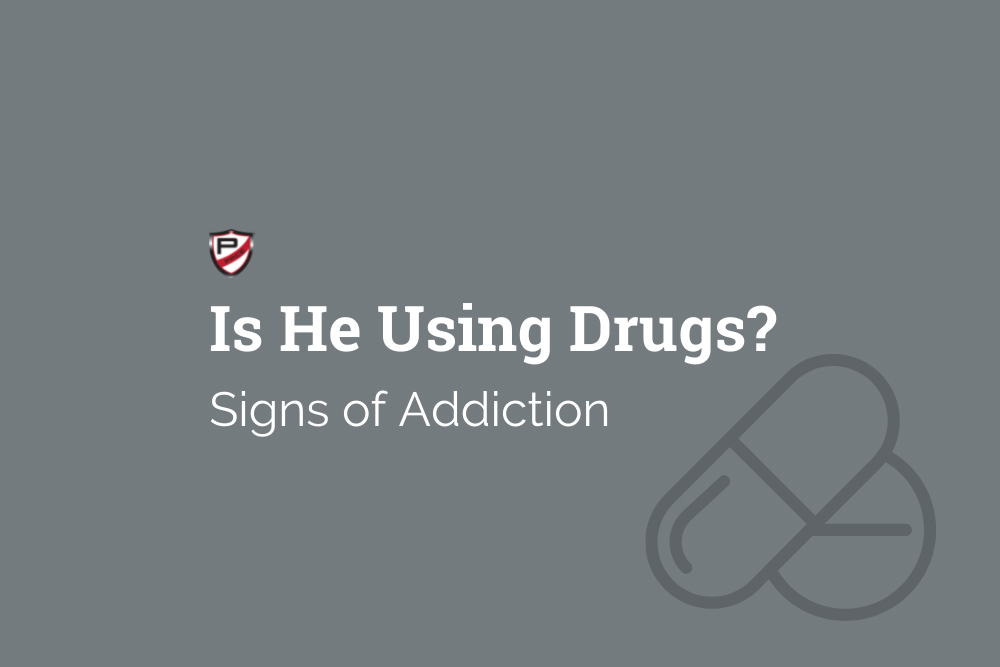Contrary to popular belief, addiction does not signify a flawed moral compass. It’s a brain disease that can affect anyone, whether they use drugs recreationally or with a doctor’s prescription. Knowing these warning signs can help you identify whether your loved one may be abusing drugs and risking harmful consequences.
1. Tolerance
A growing tolerance is one of the earliest warning signs of drug use. This condition occurs when someone becomes accustomed to having drugs in their system, and their brain’s reward circuits have rewired themselves to expect a baseline level of intoxication. At that point, the user will need to take more drugs to achieve their desired results. That’s why even prescription drugs can be addictive, especially when people start taking higher-than-intended doses or using them in off-label ways, like injecting or snorting them.
2. Withdrawal
When someone abuses drugs, they’ll gradually become physically and psychologically dependent on their substance of use. Then, they’ll eventually experience cravings and withdrawal symptoms when they try to quit, which are some of the most telltale signs of drug use. Your loved one’s withdrawal symptoms can be severe, and might include mood swings, body aches, nausea, insomnia and seizures.
3. Financial Issues
Maintaining a drug habit can be expensive. As his addiction worsens, your loved one might spend more than he can afford on drugs, going into debt or neglecting to pay bills, taxes or child support. He might also have problems keeping his job if he chronically shows up late or has multiple unexplained absences from work, further contributing to his financial difficulties.
4. Relationship Problems
The secrecy, deception and isolation required to maintain a worsening substance use disorder can all drive a wedge between a drug user and the people who care about him. Ultimately, someone with the disease of addiction will lose all interest in other hobbies, instead preferring to prioritize their substance of use. His friend group may dwindle until the only close relationships he has left are with his drug buddies, or he might prefer to use drugs alone and in private because he’s trying to hide how severe his habit has become.
5. Worsening Mental Health
People with addiction are more likely to develop mental health problems, and vice versa. If your loved one struggles with illnesses such as anxiety, depression, OCD or PTSD, using drugs could seem like a temporary escape from his symptoms. Sadly, this misguided coping mechanism will eventually make his mental health worse.
Help Is Here for You
If your loved one is showing any of these signs of drug use and you are seeking a solution, PACE Recovery Center can help. We designed our Orange County residential rehab program specifically to help men overcome a dual diagnosis of addiction and mental illness and live healthy, drug-free lives.
We offer a complete continuum of care for substance use and co-occurring mental health disorders, treating the whole client and setting your loved one up for a lifetime of success. Our accredited team is waiting to help someone you care about experience the freedom that comes with lifelong, purpose-focused sobriety. Take the next step by contacting us today.



